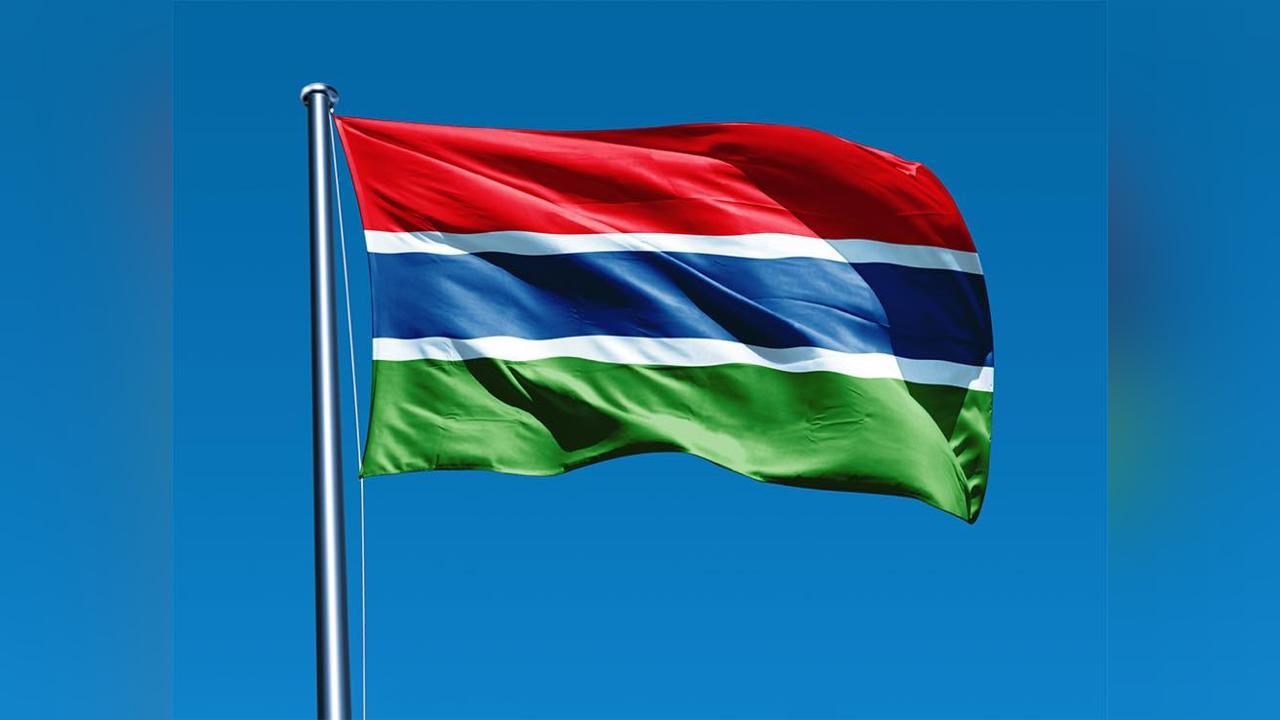Africa-Press – Gambia. Undeniably, She stands today at a painful crossroads. Eagerly, we embraced the language of democracy after independence, yet blindly, we walked into the economic traps set by those who once colonized us — this time, not with whips and chains, but with loans, conditionalities, and dependency. Deceptively, institutions like the IMF, the World Bank, and so-called “development partners” like USAID have imposed policies that quietly sabotage our future, dressing our poverty in the cloak of “reform.”
Historically, Socrates insinuated that “the unexamined life is not worth living.” Yet painfully, we have failed to examine the systems imposed upon us. We have inherited liberal democracy without the economic structures necessary to sustain it. We hold elections, yes — but elections alone do not build hospitals, do not employ graduates, do not industrialize agriculture, and do not guarantee dignity. Without economic sovereignty, political freedom is a beautiful illusion.
Subtly, capitalism has crept into our political bloodstream. Today, most emerging political parties in The Gambia promise “private sector growth” and “foreign investment” as their salvation plan — the same language that handed our national economy to a handful of elites while alienating the masses.
Karl Marx, in his fiery critique, warned that capitalism alienates man from the product of his labor — turning humans into mere instruments of profit. In The Gambia, the fisherman of Tanji no longer owns his future; the Chinese depletes the seas while IMF-backed economic policies prioritize “free trade” over local livelihoods. Similarly, farmers in Basse toil year-round, yet multinationals set the price of groundnuts and fertilizers, leaving them trapped in cycles of debt and despair.
Realistically, Aristotle adumbrated that the highest purpose of a state is to enable its citizens to live not just to survive, but to flourish. Can we honestly say Gambians today are flourishing, when unemployment soars, when healthcare is a privilege of the few, and when public schools crumble while political elites send their children abroad?
Clearly, liberal democracy alone has failed us because it came detached from economic democracy. Thus arises the urgent necessity for Democratic Socialism — the only framework that can synchronize political freedom with economic justice.
Democratic Socialism is not a call for government tyranny, nor the extinction of private ambition. It is, fundamentally, the belief that the key sectors of national life — energy, agriculture, education, healthcare — must be socially owned, publicly accountable, and run not for private profit but for the common good. It is the realization that without collective ownership of the foundations of our economy, democracy becomes an empty ceremony.
Kwame Nkrumah emphasized that “political independence is meaningless unless it is accompanied by economic independence.”
Frantz Fanon warned that the African bourgeoisie would become mere brokers of foreign interests unless the masses seized economic control.
Today in The Gambia, we see this prophecy unfold. Public enterprises — once engines of national development — are starved or sold off cheaply. NAWEC, our energy lifeline, struggles under debt. Our river transport, once vibrant, is a ghost of its potential. Our healthcare system limps, our public schools decay, and our farmers are forced to sell peanuts in a global market rigged against them.
Urgently, Democratic Socialism offers us a way out:
By reviving and expanding public enterprises like GNPC (Gambia National Petroleum Corporation) into real national wealth engines.
By investing robustly in public education, so that every Gambian youth is not just literate but skilled and productive.
By protecting public health as a sacred right, not a commercial transaction.
By ensuring land, water, and natural resources remain under collective stewardship, serving generations to come.
Pointedly, Rousseau taught that true freedom is not the liberty to starve in the streets, but the ability to participate meaningfully in the collective destiny of society. Democratic Socialism demands exactly that: the active inclusion of all citizens in shaping the economy that shapes their lives.
Importantly, Democratic Socialism is not about destroying individual initiative; it is about ensuring that initiative uplifts the whole, not just the few. It is about building industries that Gambians own. It is about creating jobs that pay livable wages. It is about breaking the dependency cycle where every national crisis demands a foreign “bailout” that mortgages our sovereignty.
Conclusively, as Vladimir Lenin once observed, “A democracy without socialism is democracy for the rich.”
We must ask ourselves — as Socrates would demand — “Is the democracy we practice today truly ours, or is it a democracy built on our exclusion?”
The future of The Gambia demands not just political debates every five years, but economic transformation every day.
Only through a genuine embrace of Democratic Socialism can we rescue public affairs, rebuild public sectors, revive public enterprises, and restore dignity to the Gambian dream.
Radically, it is time we dare to imagine a new social contract — one built not on the dreams of imperialists, but on the struggles, sacrifices, and sovereign hopes of our own people.
“The Gambia will rise — not by begging, but by building; not by selling, but by sharing; not through foreign charity, but through collective dignity.”
Legacy is worth to be celebrated.
Source: The Standard Newspaper | Gambia
For More News And Analysis About Gambia Follow Africa-Press






